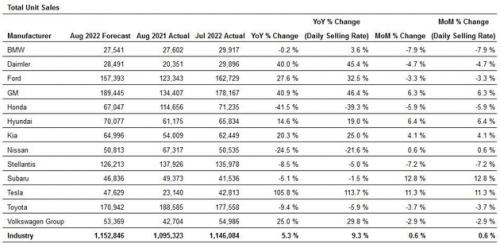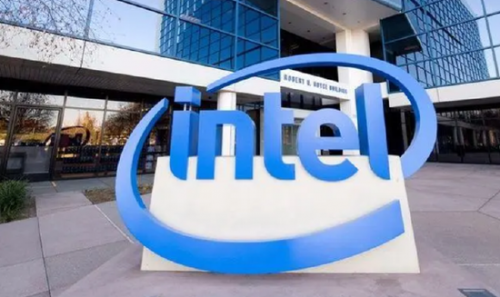your current location is:Home > investHomeinvest
The inflow of semiconductor talents is lower than that of other industries, and 60% of executives believe that the company's brand image is poor
A few days ago, McKinsey & Company released a survey article "How Semiconductor Manufacturers Turn Talent Challenges into Competitive Advantages" to interpret the talent dilemma in the industry. Research shows that the three key challenges that currently exist in the semiconductor industry are talent acquisition, talent retention and organizational health.
Chip shortages over the past year have slowed some of the world's most important industries. Industries such as automotive manufacturing, power generation and healthcare are all hindered by the scarcity of semiconductor resources to produce and innovate. In response, several big chipmakers have pledged to build new factories in the U.S. and Europe, aimed at reducing pressure on Asian producers. However, there is one factor that could derail their plans: Amid fierce competition, semiconductor companies are finding it harder than ever to attract and retain talent.
Looking to the future, the demand for technical and skilled personnel in the semiconductor industry will continue to grow. The report states that by 2030, business demand for technical skills is expected to increase by 20% from 2019 levels (based on hours). History shows that the greatest demand will be for digital and analytics talent. For example, over the past decade, employees with digital and analytics skills have increased by 6 percentage points among integrated device manufacturers (IDMs) and 8 percentage points among fabless manufacturers.
However, the inflow of skilled talent in the semiconductor industry is lower than in other industries. The report interprets this question by examining attitudes of employers and students. According to the report, about 60% of executives in the enterprise believe that semiconductor companies have a poor brand image and limited visibility compared to other technology companies. At the same time, for young students looking for a job, consumer-facing technology companies are more creative inspirations than semiconductor companies. There is still a certain gap between semiconductor companies and well-known technology companies in terms of job excitement, salary and development opportunities.
With the changes in employment patterns after the epidemic, it is more difficult for companies to retain talents, which also brings a new difficulty to the semiconductor industry. The study found that semiconductor companies underperformed on sentiment indicators compared to the auto and big tech sectors. It is manifested in the insufficient work-life balance of employees, and the diversity and inclusiveness of corporate culture still needs to be further improved. On the scale, semiconductor companies are only affirmed for offering career development opportunities to their employees.

When it comes to organizational health, the semiconductor industry is underwhelming and needs continuous improvement to unleash its attraction to talent. Organizational health is defined as the alignment of a shared vision of a company and its employees, execution by both parties, and renewing production methods through innovation and creative thinking, resulting in more measurable performance. However, 64% of global companies scored higher on this metric than semiconductor companies.
For a company, the organizational health factor plays a big role. Within a company, organizational health can lead to up to 50% differences in performance between business units. But the McKinsey study showed that semiconductor companies lag the global benchmark in 34 of 37 tests on the organizational health component. The study believes that improving the organizational health of semiconductor companies is a vital part of the company's quest for future growth.
Overall, semiconductor companies will play an even more important role in global value chains in the coming years. In fact, billions of dollars in manufacturing investment reflect the economic and strategic importance of semiconductor companies. However, with the advent of the new era of semiconductors, retaining and applying talents will become the key factors for enterprises to win in the competition.
related articles
Article Comments (0)
- This article has not received comments yet, hurry up and grab the first frame~













